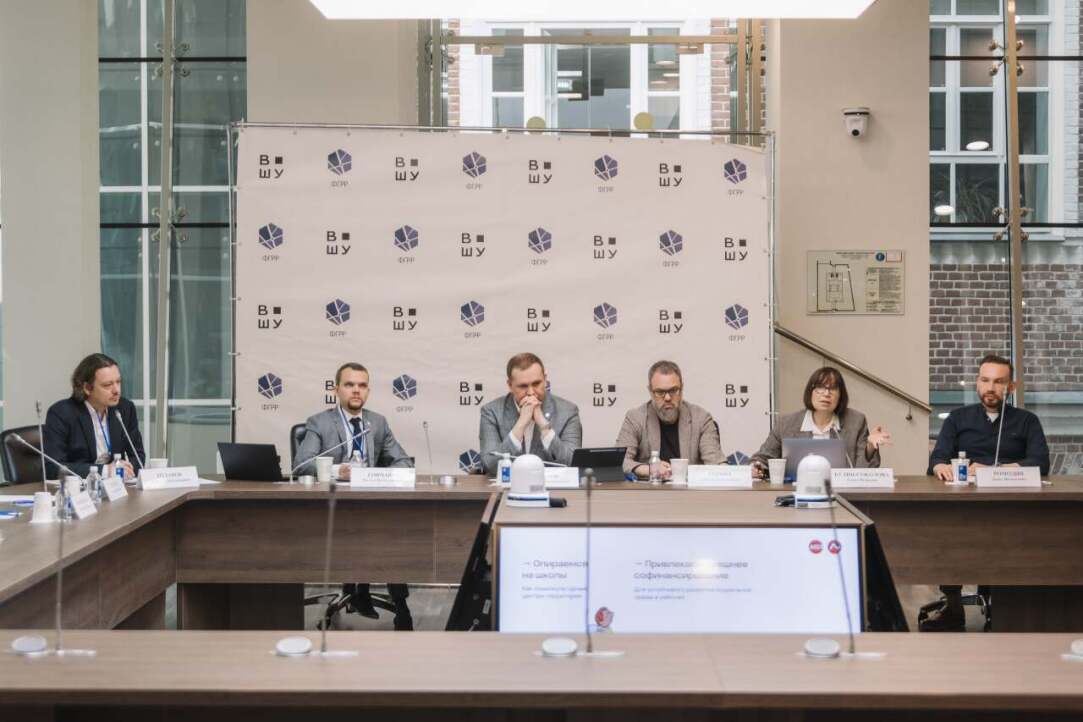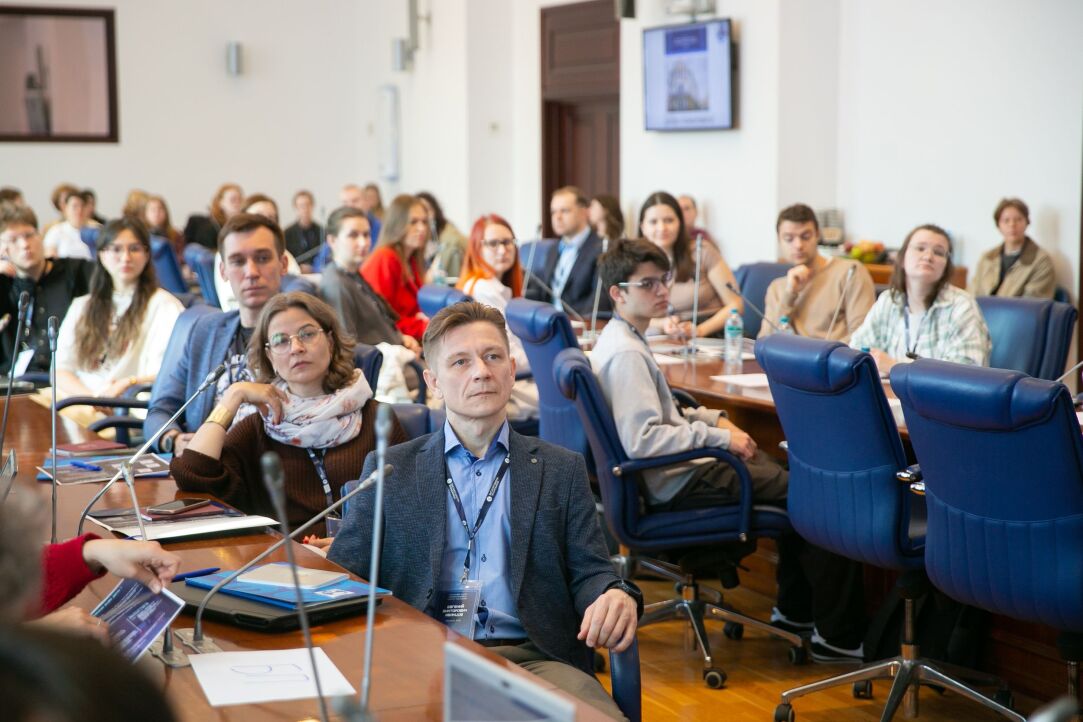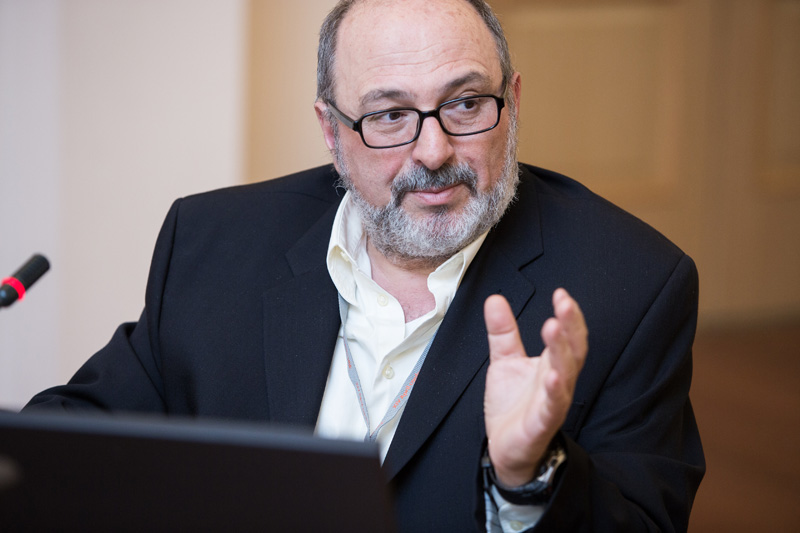Scientists from Yandex, HSE University, MIT, KAUST, and ISTA have made a breakthrough in optimising LLMs. Yandex Research, in collaboration with leading science and technology universities, has developed a method for rapidly compressing large language models (LLMs) without compromising quality. Now, a smartphone or laptop is enough to work with LLMs—there's no need for expensive servers or high-powered GPUs.




















